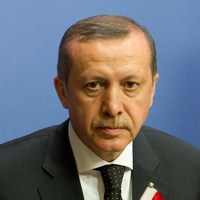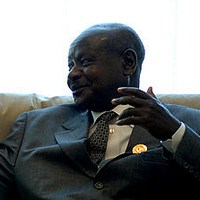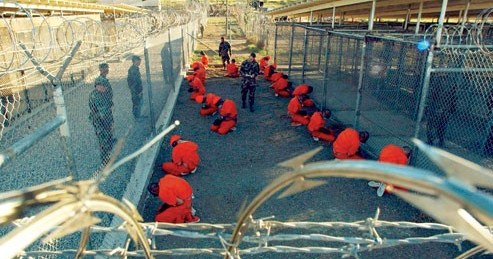
Returning the aging and ailing Abdelaziz Bouteflika to the presidency for a fourth term, the April 17 elections in Algeria delivered few surprises—much to the relief of the United States, France and the Algerian economic and political elite. At the same time, some Algerians questioned the legitimacy of the electoral process, whether by staying home in large numbers or through violent clashes in Kayblia, the Berber region in the northeast. Bouteflika’s supporters at home and abroad repeatedly underlined the necessity of stability in Algeria, a country with violent Islamist movements in the Sahara and one that suffered an exceedingly bloody […]





